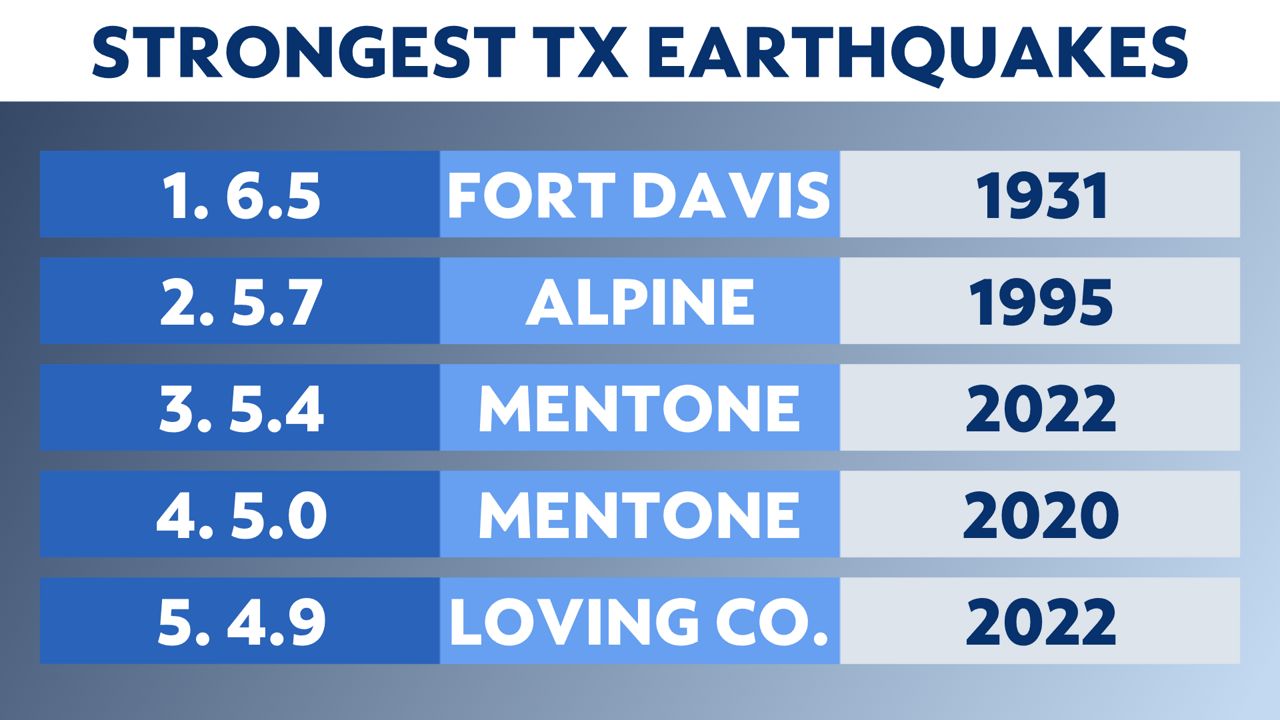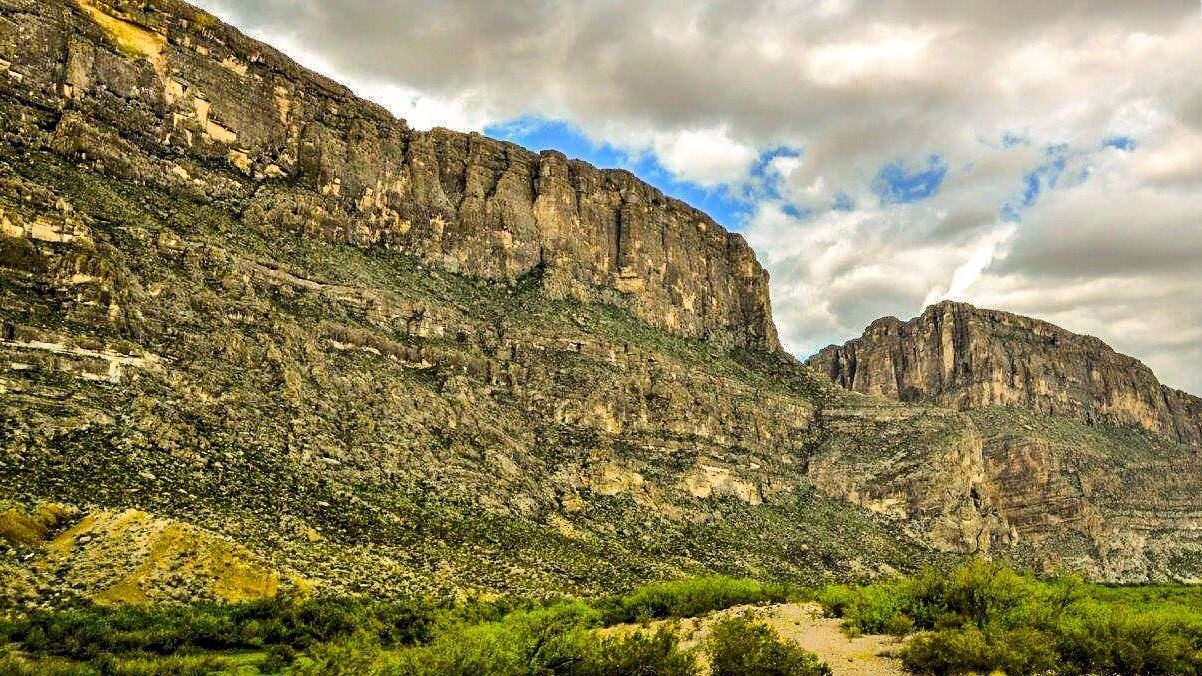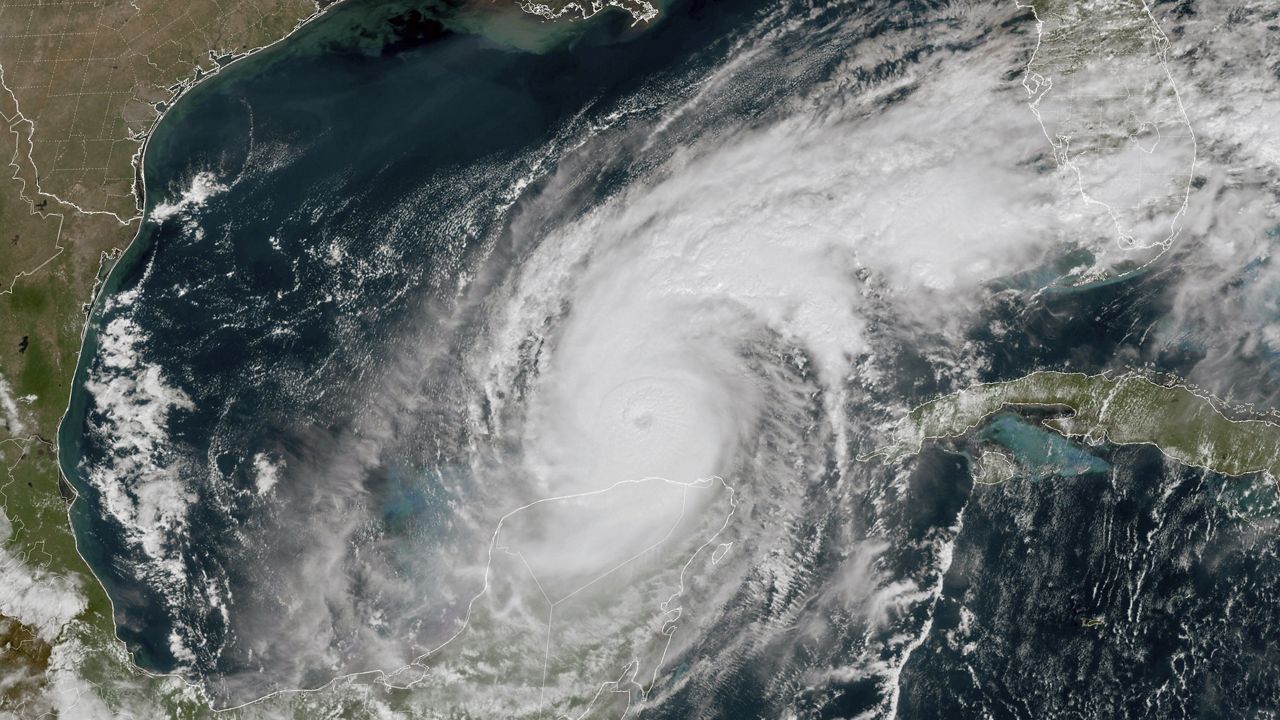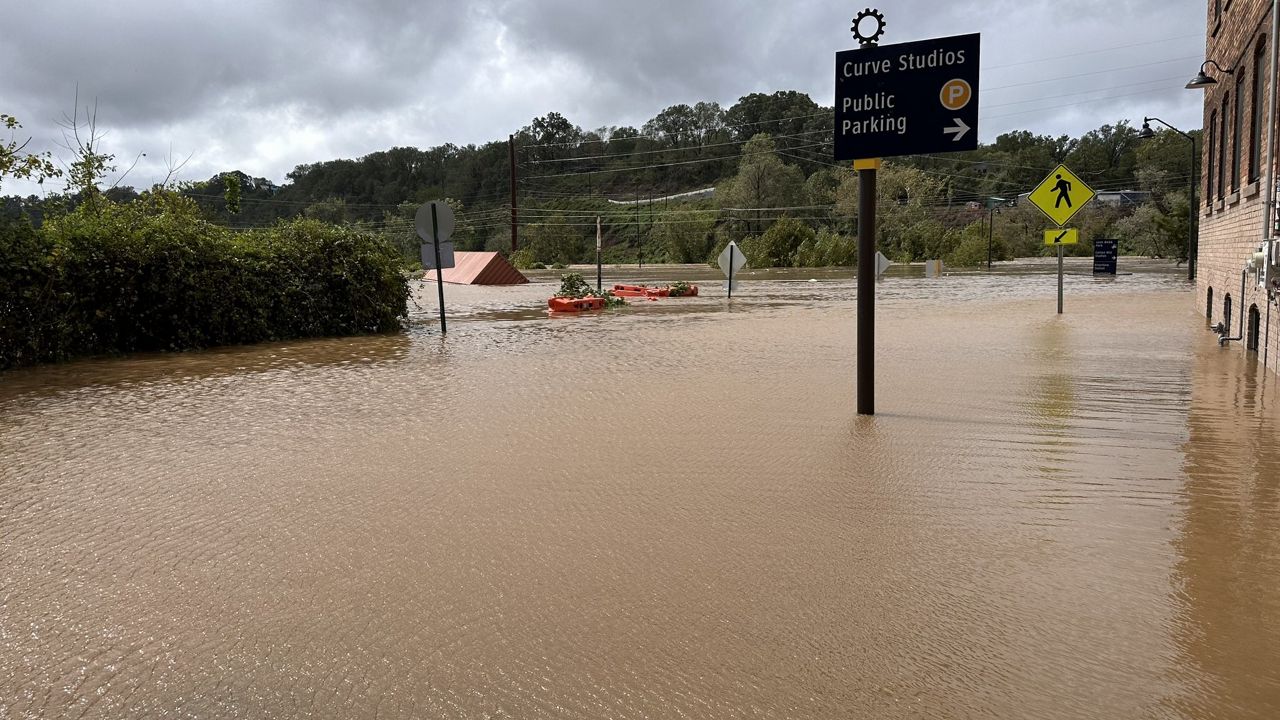Any Texan will tell you that Mother Nature loves to “shake” things up around here. Sometimes, this can even be in a literal sense! On Nov. 16, 2022, Texans across the state reported having felt a large jolt.
The source? A 5.3 magnitude earthquake near the town of Mentone, in West Texas.
What You Need To Know
- Texas experiences thousands of earthquakes each year — most of them too minor to feel
- All five of Texas's strongest earthquakes on record have occurred within West Texas
- One possible reason for the frequency of earthquakes in the Permian Basin is thought to be fracking
While Mentone’s population of less than 30 people got shook up, the effects of this event spread far beyond the little town.
While it may come as a shock to some, earthquakes in Texas, specifically in the Permian Basin, are not as uncommon as one might think.
Texans are used to extreme heat, powerful thunderstorms and even tornadoes. Adding to the laundry list of natural phenomena in the Lone Star State, Texas also experiences countless earthquakes each year.
According to the United States Geological Survey (USGS), the first quake in Texas happened in 1882. However, most Texas earthquakes are too small to be felt or cause any impact.
Our 5.3 magnitude earthquake on Nov. 16 was a very different story. Its epicenter may have been in West Texas, but it was felt as far south as the Alamo City, hundreds of miles away!
Some buildings even sustained notable damage from the quake. One such structure was Bexar County’s own Robert B. Greene building. Once the home of the area’s original hospital from over a century ago, the building was declared unsafe by officials upon inspection.
This earthquake in late November is now the third strongest earthquake on record. It would also be the second earthquake in Mentone to make the list. The strongest was a 6.5 magnitude that occurred in Fort Davis in 1931.

So, why West Texas? The Permian Basin is home to many oil and gas sources. In recent years, scientists have weighed the possibility that human activity, with oil and gas production, may have caused or contributed to the frequency of earthquakes in West Texas.
Recent patterns show that most earthquake epicenters are on or close to oil fields and wells. Most of these earthquakes are very minor, but some have had magnitudes greater than 4.5.
To be clear, fracking is not in any way thought to be the sole cause of Texas earthquakes. Rather, it is a way to connect the dots regarding the uptick in these events over the past decade.
Compared to states like California, earthquakes still pose a minor threat to those of us here in Texas. But as with any natural hazard, education and safety around earthquakes is very important, even for Texans!
Our team of meteorologists dives deep into the science of weather and breaks down timely weather data and information. To view more weather and climate stories, check out our weather blogs section.










